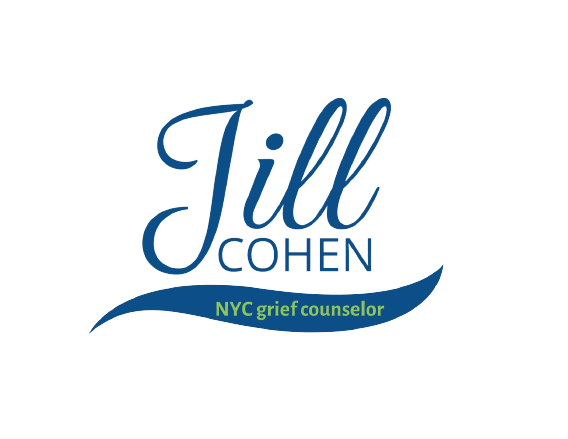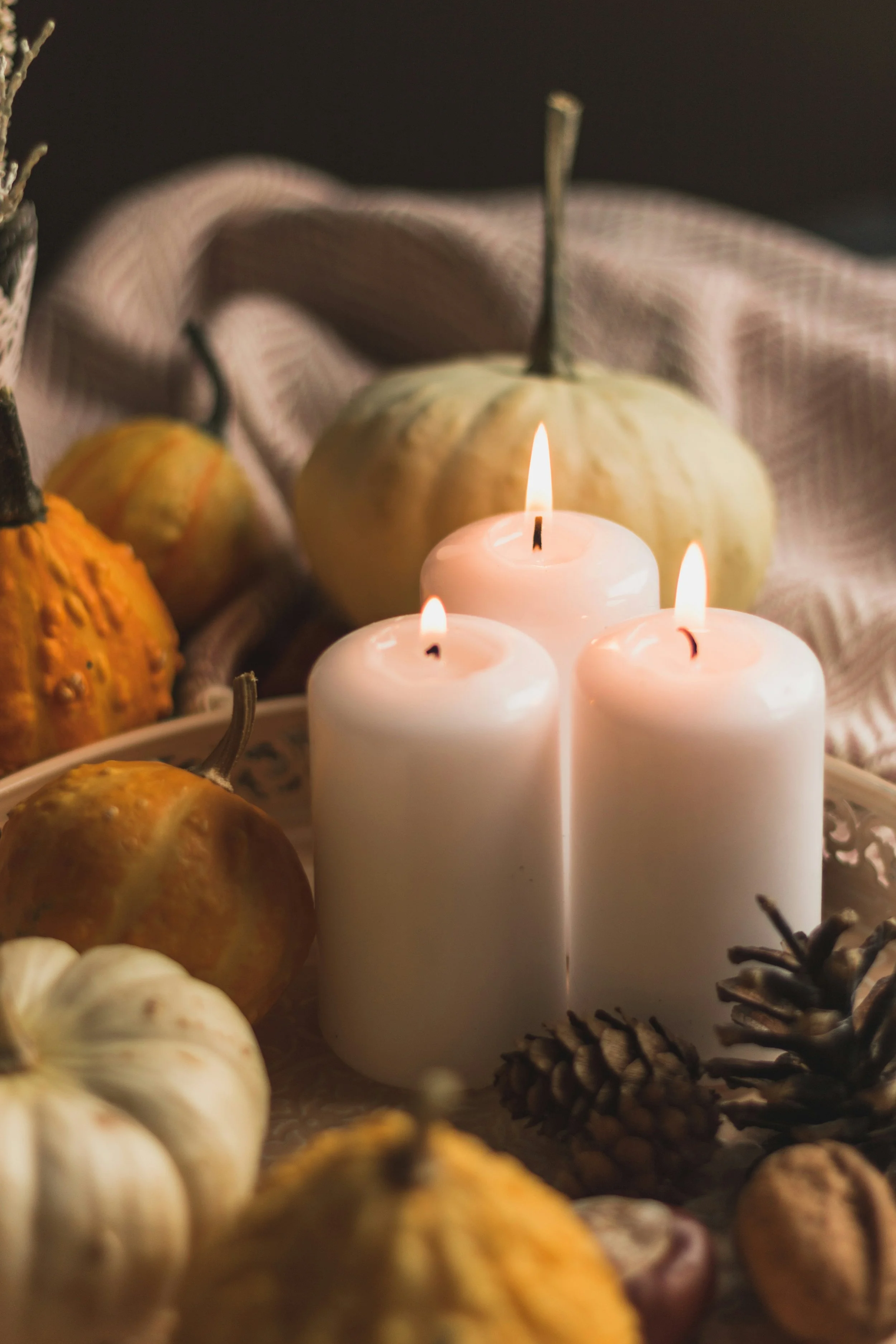Grief, Gratefulness, Gatherings – The Many Challenges of Thanksgiving
4 Minute Read
Why This Time of Year Might Be Extra Challenging
Thanksgiving is just around the corner. And for those grieving, it can be a challenging time.
No matter what your situation is this year, grief-wise, the holiday is still a holiday centered on family, friendship, warmth, holiday dinner tables, and declarations of thankfulness.
This can be very hard to handle for a grieving person, no matter how much or how little time has past since the death of a loved one.
It takes courage and support to get through a holiday. In my grief counseling practice, we tend to spend time on strategies for holiday planning.
The New York Times published a feature about a newly-widowed woman’s experience with her Thanksgiving just after her husband died. She talks about being truthful about how you feel and how you want to “do” Thanksgiving after a loss, with honesty, not “faking” joy. Consider giving it a read.
Photo by Autumn Mott Rodeheaver on Unsplash
Here are a few of the ideas I talk about with my clients grieving during Thanksgiving time.
1. It’s Normal to Feel Indifference
It’s very normal, after a death, to feel indifference and disinterest towards events and experiences which once brought you joy. It’s just the way it is. Grief can change your perspective on things. You may feel like you’re just watching others feel happy while you feel sad.
2. Feeling Ungrateful
It is okay to NOT feel grateful. Grieving a loved one is a tough time.
3. Give Gratefulness a Try
While it is okay not to feel grateful, you could give “grateful” a try. You can acknowledge gratefulness for the support you may have received from family and friends, grateful for an invitation to a holiday celebration, and grateful for having choices as to how to celebrate. You don’t have to skip the gatherings altogether.
If you can even consider the holiday, give it a try. Nobody will call you out for not being your “usual cheery self.” You’ll be warmly welcomed at a holiday meal.
4. Start Small
Try to give thanks for something. Start small. Think of one little thing that you are thankful for. Then another, then another. You may discover that while the unimaginable has happened in your life, some positives still exist or new ones have occurred.
5. Grief Triggers Appear Easily
Grief triggers come easily at Thanksgiving. Use your coping tools at the holiday time. Triggers will come in the form of: people you’re spending time with, foods you are eating, conversation topics with the guests, photo frames on view, to name a few.
Try to anticipate them so that you are not caught off guard. Remember to take a deep breath when you feel triggered. You can even think of some phrases to say when people ask you certain questions about your loved one or your grief. And, it’s OK to let your emotions take hold of you. You’re human. Take breaks if you need to. Go outside or into a quiet room.
5. Don’t Overdo it
Don’t put pressure on yourself to attend every holiday opportunity that comes along if you are overwhelmed or easily tired out. Grief is tiring. You need time and space to recharge. It’s okay to decline invitations.
6. Do Something to Memorialize Your Loved One
Do something to memorialize and honor your loved one on Thanksgiving. It can be a small thing – a candle lighting ritual maybe, or making their favorite food -- so that you are allowing yourself to grieve. You don’t want to get all caught up in “getting through the holiday” that you ignore the very reason for which you are grieving.
Visit www.jillgriefcounselor.com or email me at jillgriefcounselor@gmail.com to schedule grief counseling sessions.
There’s still time left before Thanksgiving and the upcoming December holidays too.




